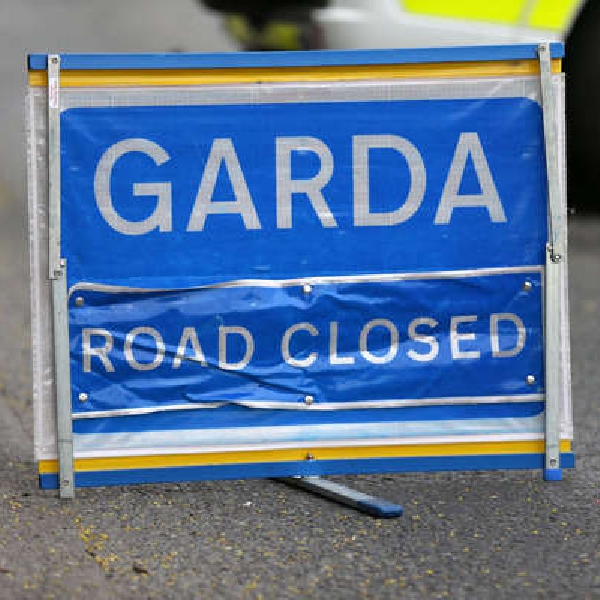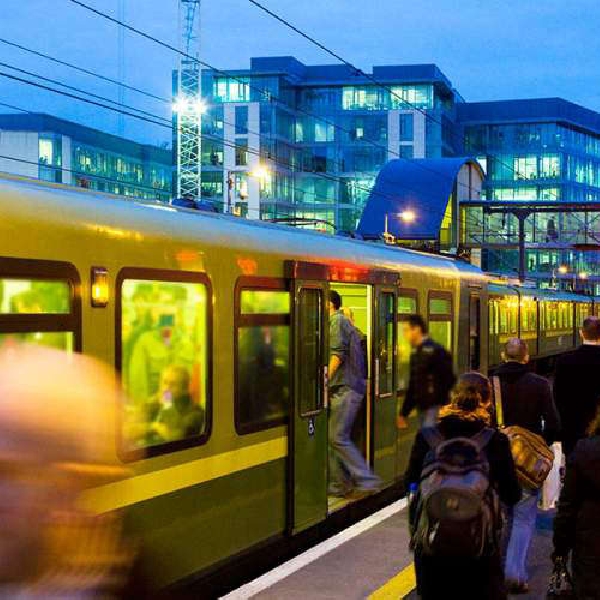
The report identified a need for cross sectoral collaboration between the two disciplines.
Victims of domestic violence often suffer the double trauma of homeless too, according to a Focus Ireland report.
The report also shows COVID-19's dramatic impact on domestic violence, with service providers describing surges in the number of families contacting their services.
The report found a well-documented association between women’s homelessness and domestic violence and since the start of the pandemic
Women’s Aid stated there was a 43% increase in contact with their services in 2020 compared to 2019.
In addition, Gardai have also received 43,500 calls to respond to domestic abuse incidents in 2020, a 17% increase on the previous year.
The report found that for victims of domestic violence;
The average number of moves that each family had to make before reaching a more stable level of housing was 4.5, while for some it was as many as 12.
The distress and anxiety children experienced as a result of this upheaval, and parents noticed behavioural changes in their children but found it difficult to access the relevant supports.
For most of the families in this study their last home was in the private rented sector, and many tried to find alternative accommodation.
A significant barrier for single parents trying to obtain a home in the private rented sector was discrimination from landlords because of their status as HAP recipients and single parents.
Many homeless service providers did not feel equipped to properly address the needs of these families who had experiences of domestic violence.
Homeless staff identified a need for better cross-sectoral collaboration between these two disciplines.
The report found that if the homeless service sector continues to provide emergency or medium-term accommodation to families who leave an abusive home, these services must be adequately resourced and equipped to respond to the needs of victim/survivors of domestic abuse.
It identified a lack of protective systems for families facing domestic violence, and when they flee the violence they face numerous barriers in accessing services including frequent changes in short-term accommodation while they seek a safe place for themselves and their children (average 4.5 moves), according to new research coinciding with the UN’s 16 Days of Activism against Gender-Based Violence.
The Focus Ireland study which is co-authored by Dr Paula Mayock and Fiona Neary emerged from growing concerns in the charity’s family services about the level of domestic violence when staff were helping service users and hearing their traumatic experiences.



 A Man Has Been Convicted Of The Murder Of Shane Knott At A Home In Eustace Demesne In Naas Last Year
A Man Has Been Convicted Of The Murder Of Shane Knott At A Home In Eustace Demesne In Naas Last Year
 Two People, Including An 18-Year-Old Girl And A Woman In Her 50s, Have Died In Separate Collisions
Two People, Including An 18-Year-Old Girl And A Woman In Her 50s, Have Died In Separate Collisions
 Heartbreak For Irish Craft As Silversmith's "Lifetime" Of Work Stolen From His Studio
Heartbreak For Irish Craft As Silversmith's "Lifetime" Of Work Stolen From His Studio
 Kildare Company Linked To Supply Chain Behind Israeli Fighter Jets
Kildare Company Linked To Supply Chain Behind Israeli Fighter Jets
 Maynooth Reverend Professor: Pope Francis "Energised" By People, Didn't Want To "Die Alone" In Hospital
Maynooth Reverend Professor: Pope Francis "Energised" By People, Didn't Want To "Die Alone" In Hospital
 Kildare Commuters Face Packed Trains During Peak Hours As Fleet Capacity Slashed Until October
Kildare Commuters Face Packed Trains During Peak Hours As Fleet Capacity Slashed Until October
 British Government To Spend £50M To Try Dim the Sun — Yes, Really...
British Government To Spend £50M To Try Dim the Sun — Yes, Really...
 Gardai Reviewing CCTV After ‘Speak Up 4 Palestine’ Spray Painted On Image Of James Lawless In Naas
Gardai Reviewing CCTV After ‘Speak Up 4 Palestine’ Spray Painted On Image Of James Lawless In Naas

